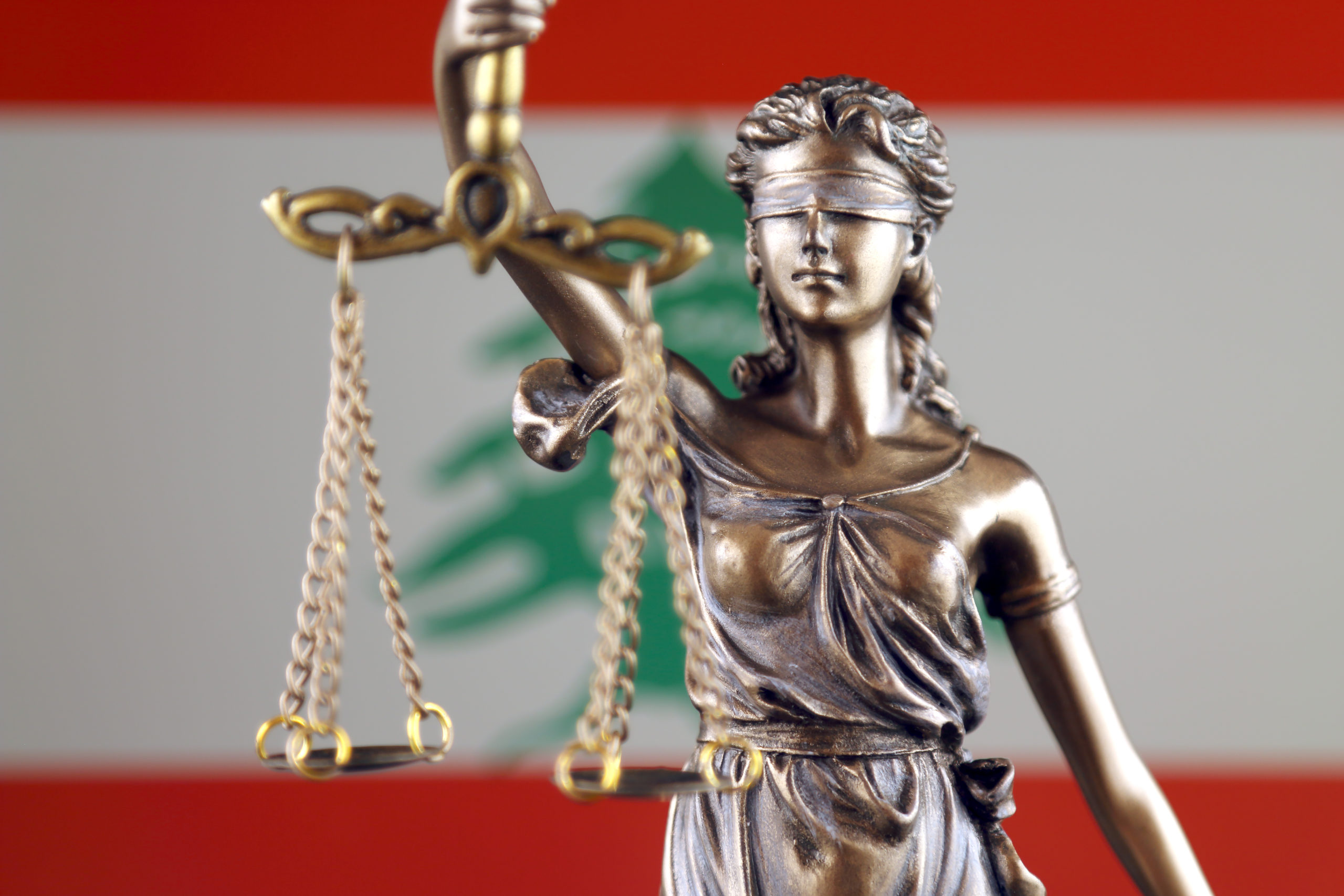The Lebanese authorities must stop harassing judges who act independently and must revoke the unnecessary and disproportionate limitations they have imposed on their freedoms, the International Commission of Jurists said today.
On 26 April 2023, Lebanon’s Minister of Justice, Henry Khoury, released two circulars. Circular No. 352 requires judges to seek prior authorization from “the competent authority” before appearing or expressing their opinions in the media or on any other platform. Circular No. 348 requires them to seek the Minister of Justice’s prior authorization before leaving the country, and prohibits judges from communicating directly or indirectly with any Embassy, governmental or non-governmental organization or association in connection with their participation in seminars or workshops, abroad and in Lebanon, or for any other reason, before the inviting party submits a request to the Minister of Justice, threatening judges with disciplinary proceedings in case of “infraction”.
“Such a blanket restriction on the right to freedom of expression and the right to freedom of movement of Lebanese judges is unlawful under international human rights law and standards,” said Said Benarbia, ICJ MENA Programme Director. “Instead of muzzling the judiciary, the Lebanese authorities should adopt long overdue reforms necessary to uphold judicial independence in the country.”
Like everyone else, judges are entitled to freedom of expression and freedom of movement. While restrictions on judges’ exercise of these freedoms may be imposed for the purpose and to the extent necessary to guarantee the independence and impartiality of the judiciary, such restrictions must be lawful, proportionate to narrowly defined, legitimate fundamental public interests, necessary and consistent with other rights recognised under international human rights law. Conversely, Circulars No. 352 and No. 348 impose overbroad limitations on judges’ rights to freedom of expression and movement, allowing executive interference in judicial functions.
In a similar vein, on 4 May 2023, the Disciplinary Council, the body in charge of hearing disciplinary cases against judges, voted to unanimously dismiss Ghada Aoun, Mount Lebanon Public Prosecutor, from the judiciary. While the Council’s decisions are not public, according to reports the Council questioned Ghada Aoun about public statements she had made and about her allegedly inappropriate contacts with lawyers and other judges.
As a Public Prosecutor, Ghada Aoun has been investigating alleged corruption by top Lebanese officials; she has brought charges against the country’s central bank governor and multiple commercial banks. Earlier this year, in February 2023, the executive had directly interfered with her investigations after she had pressed charges against two banks over alleged money laundering allegations. In April 2022, Prosecutor Aoun had already been referred to the Disciplinary Council in a distinct procedure for travelling to France without the Minister of Justice’s official permission, and for making “offensive remarks” about the judiciary.
Under international standards disciplinary proceedings against prosecutors shall guarantee an objective evaluation and decision. They shall be determined in accordance with the law, the code of professional conduct and other established standards and ethics.
The ICJ has previously reported that the Lebanese system in place to discipline and sanction judges and prosecutors includes “disciplinary infractions” that are defined in terms too vague and overbroad and no requirement of proportionality between the sanctions imposed and the misconduct alleged, leaving too broad a discretion to the Disciplinary Council.
Moreover, the Disciplinary Council itself lacks sufficient guarantees to ensure fairness and does not fully satisfy international standards on judicial independence and impartiality, hence failing to protect judges and prosecutors against arbitrary decisions.




